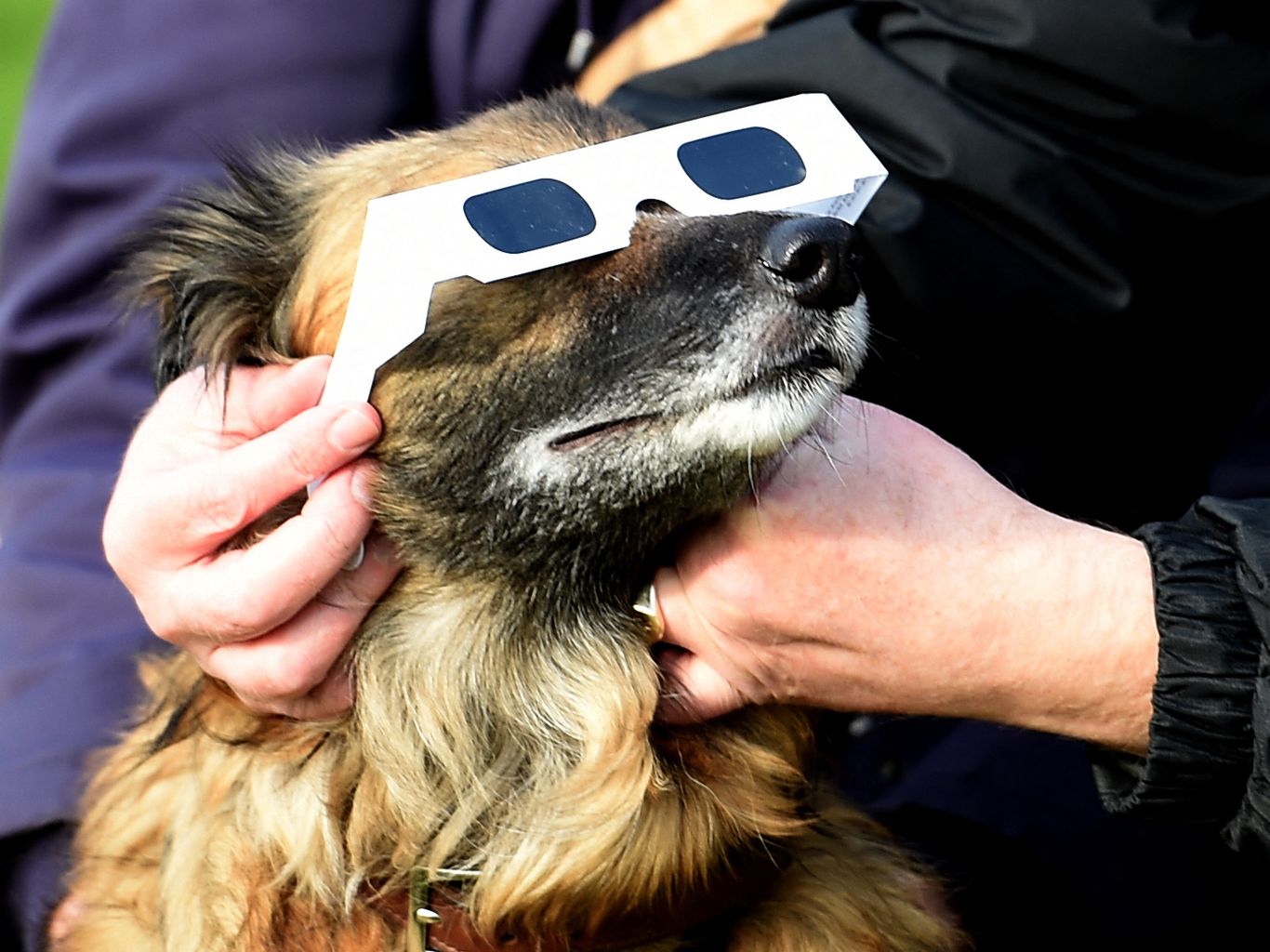"Dream, Dream, Dream! Conduct these dreams into thoughts, and then transform them into action."
- Dr. A. P. J. Abdul Kalam
"Dream, Dream, Dream! Conduct these dreams into thoughts, and then transform them into action."
- Dr. A. P. J. Abdul Kalam
10 Apr 2024
As the recent solar eclipse cast its fleeting shadow over North America, millions of humans eagerly observed this celestial phenomenon. However, the real question lies in how our animal counterparts experienced and reacted to this dramatic shift in light and temperature. From domesticated pets to wildlife in farms, zoos, and the wild, their behaviors during these moments of darkness provided fascinating insights into their responses.
During the eclipse, commonly nocturnal creatures like warthogs and sluggish domestic cats might have been confused, starting their day prematurely only to find it abruptly darkening. Meanwhile, the more diurnal animals such as cows and flamingos displayed intriguing reactions, with cows retreating to their barns and flamingos gathering anxiously.
Dr. M. Leanne Lilly, a veterinary behaviorist from Ohio State's College of Veterinary Medicine, suggests that animals, bewildered by the sudden darkness, likely reverted to their evening habits. However, the behavior of domesticated animals like dogs and cats could have been influenced by their owners' reactions to the eclipse—whether with excitement, curiosity, or unusual behavior.

''Everybody Wants To Know How I Will React?" ~ Kangaroo thinks Aloud.
Dr. M. Leanne Lilly, a veterinary behaviorist at Ohio State's College of Veterinary Medicine, says that most animals will probably be bewildered by the darkness and will begin their evening habits. However, domesticated animals like dogs and cats may behave abnormally when their owners behave strangely, so how people respond to the eclipse—gazing up at the sky, exhibiting enthusiasm, or congregating in a group—may have an impact on them.
A study of the 1932 eclipse, which included public observations and was regarded as the first thorough investigation of the topic, revealed that it got “a good deal of conflicting testimony” from observers of animals. It was determined that a few species had the highest reactions: sheep and cattle rushed for their barns, while squirrels fled into the woods. According to the study, zoo animals exhibited little to no reaction.

A visitor to the Riverbanks Zoo and Garden in Columbia, South Carolina, observes the flamingos.
( Source: Google Images)
A Case Study Analysis, Reaction to the Light Manipulation: Out Of The Blue Animalistic Tendencies?

Even tho Animals Don't Look At The Sun ~ We Curious Human Beings want them to Witness!, what times?
(Source: Google Images)
Methodology Incorporated: Researchers have captured the reactions of untamed animals to eclipses using a variety of technological tools. Using radar data from weather stations throughout the nation, scientists examined how flying animals behaved during the solar eclipse to learn more about how they changed from day to night.
While not all creatures react visibly, those that do, offer a fascinating range of responses shaped by their biology and surroundings. ~